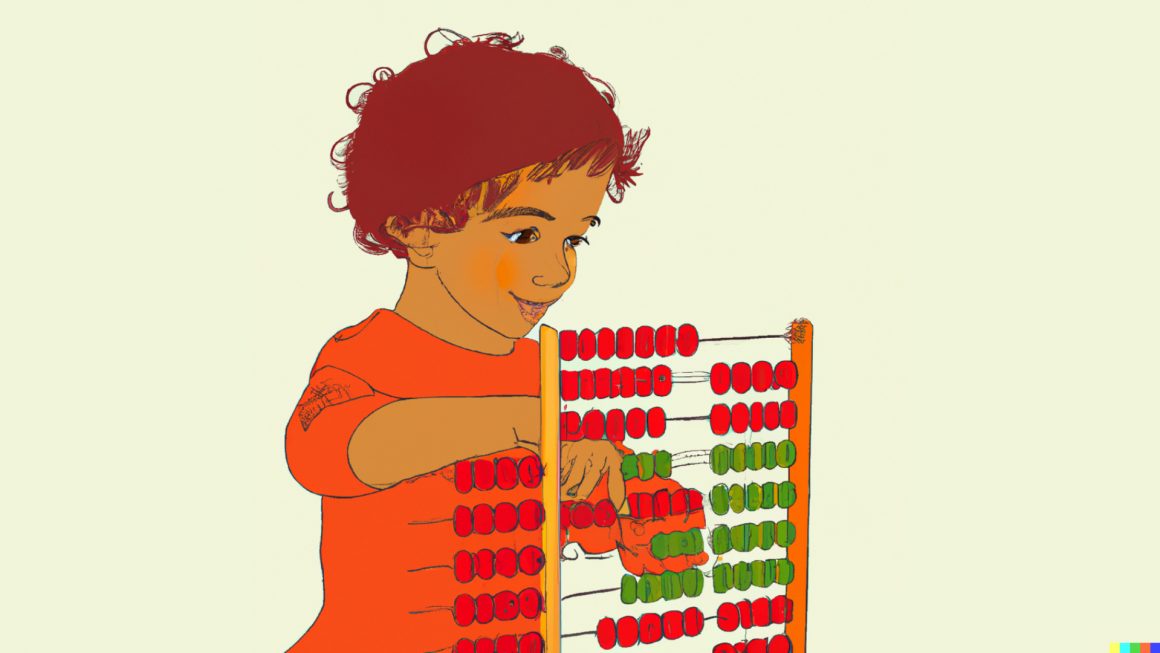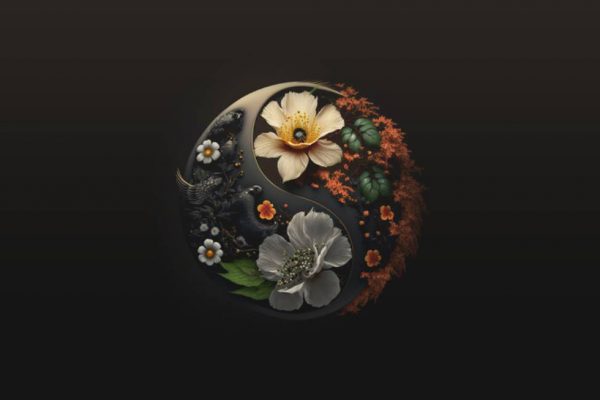A few days back, I was calculating the ‘subnet mask’ in the laboratory exam of Networking Concepts when I realized my hands hovering up midair making some furious movements were catching an awkward attention of my friends including the invigilator. I had to stop and smile with oneself as it is not much of a new thing occurring to thousands of global UCMAS graduates like me. UCMAS stands for Universal Concept Of Mental Arithmetic System.
In an initial outlook, the concept might look vague because of the sophisticated use of words but in reality this practice of arithmetic dates back to centuries before the modern computers were even not imagined. In fact, we are here talking about the first calculating device that originated in China with the name ‘Abacus’ and its usefulness in mental development of a child.
Though the Chinese discovered this primitive way of calculating, it was Malaysians who rejuvenated this technique today for uplifting the processing power, memory and logical reasoning of our mind. These days, this concept is widely used all over the world, including Nepal. There are several Abacus academy in Nepal under the common wing of UCMAS, Nepal whose central office is in Kumaripati, Lalitpur.
The national UCMAS competitions are held yearly in order to uplift the regular practice culture. Learning some mental arithmetic might look fictitious at first, but the whole course is devised in such a way that you need not carry calculator with you for petty calculating tasks like changing money, solving basic equations and calculating the amount of money that are going to sum up in a shopping center.
I joined this Abacus academy when I was in my 6th grade and completed my graduation when I was in my 9th. They say I was already late for the program as the actual mental development stops at the age of 16. There are some really sound memories back from the days when I was in the institution. They taught us not only the art of using abacus for addition, subtractions, multiplications and divisions of some mere numbers but also the art of public speaking, mental reflexes, expressions of ones ideas and the science of concentration. I gradually found myself getting logical, calm, reflective and responsible after a certain period of running my fingers over those sacred amazing beads inside the black frameworks of abacus. I learnt that the real meaning of co- education is not just taking seat with an opposite gender nearby but also to value sound opinions of people who are younger than you. The regular abacus playing culture also made me understand the concept of repeated effort in real life scenarios.
The institutions under this abacus concept uses the basic neuro-science in order to explore the hidden capabilities of our mystical brain. It should be noted that, the regular use of one part of the body activates the exact opposite part of the human cerebrum, i.e the part that is responsible for intelligence. For example, we are right handed implies we are left minded and we are left handed implies we have unlocked the right part of our brain. Most of the people live with just one part of their brain all their life! But what if we can use both the part of our body and unlock impossible corners of memory, imagination and intelligence? This is where the Abacus comes in handy. We use both the hands equally with some mental concentration that helps activate neurons and make them grow. The cover of arithmetic veils too well the neurological part of UCMAS education here.
At first, we are made to shift the beads inside the framework of abacus. Later on, after much practice, we are able to visualize the abacus in our head and even feel the beads shifting while we start making mental calculations. I have seen people on horror while they enter my room on sudden and realize I have been making fanatic movements of my hands and fingers. They laugh out aloud when I make them clear about what I was up to. They get so carried away with the concept that they enroll their child the next week. But three years of dedication for something is not a joke and finally, upon seeing no immediate returns make their own child a dropout of the class and this amazing concept.
It takes a great effort to work something out of the blues. Joining something classic beyond the academics in Nepal is thus always a matter of self-determination and endurance. We shall remain only within our own mentality until we discover new practices and unfold unique perceptions. For this, we should take learning not as a risk of failure but as a window of opportunity. I wish this concept would grow and become mandatory for every interested child in Nepal.





